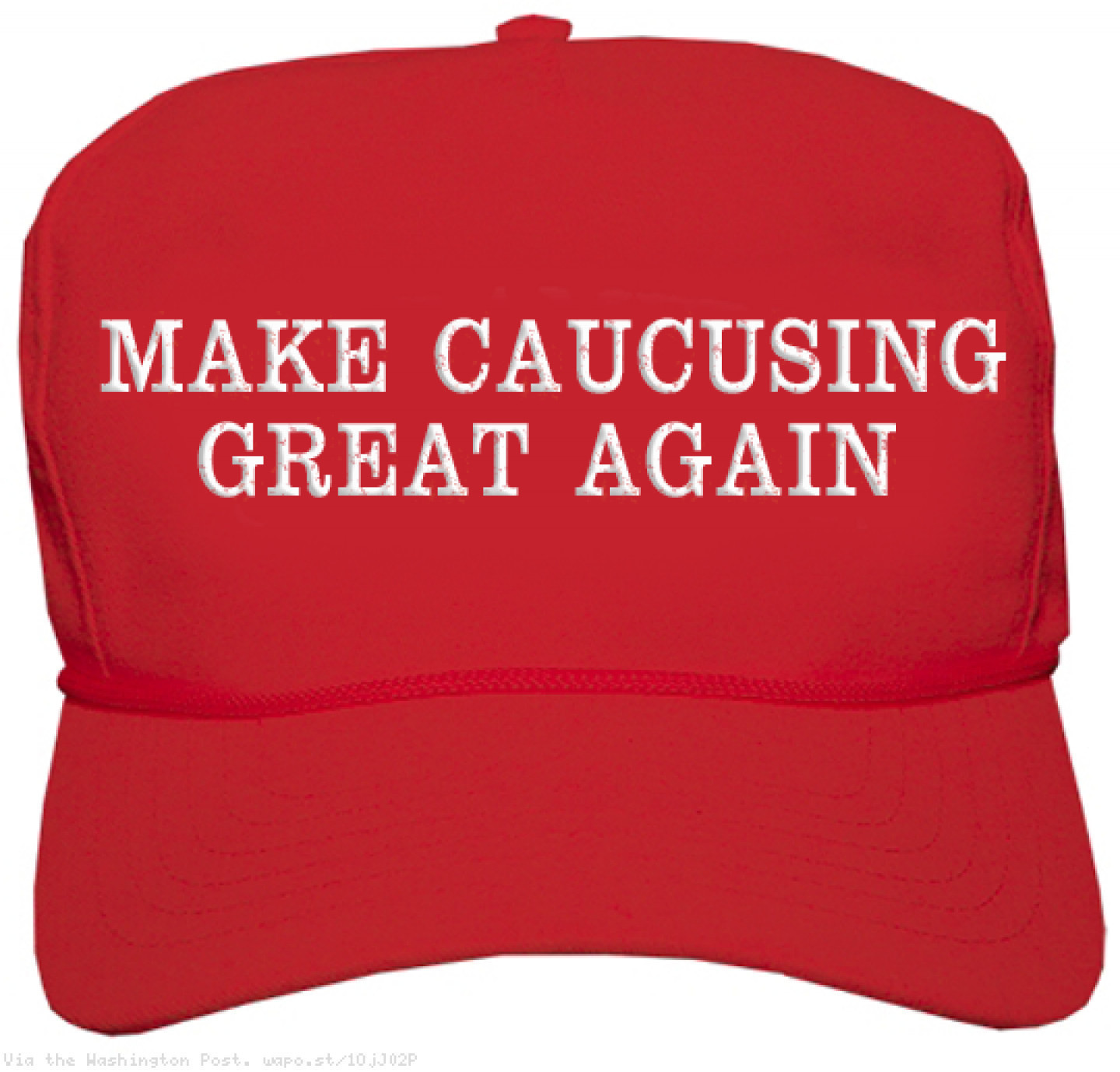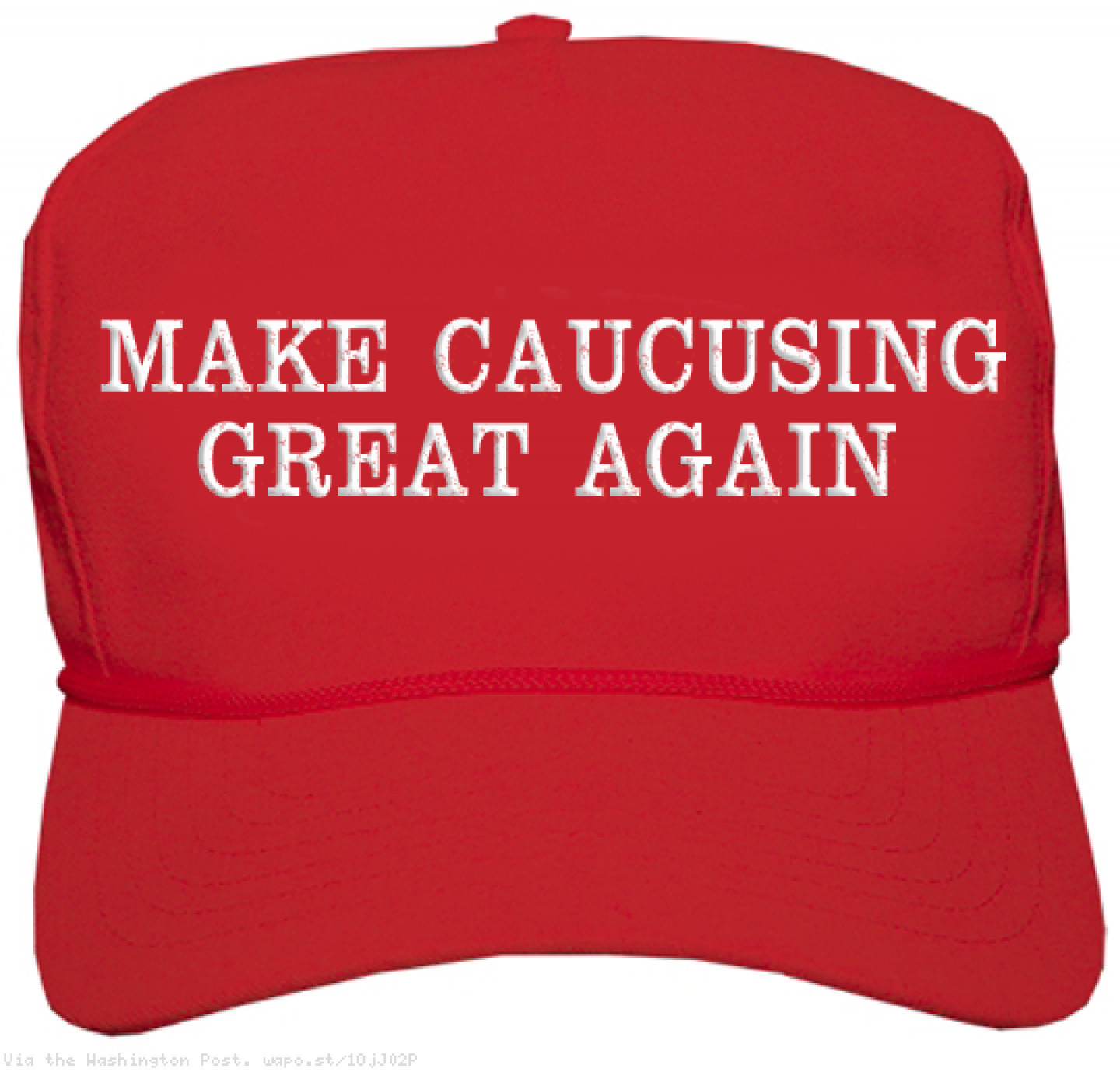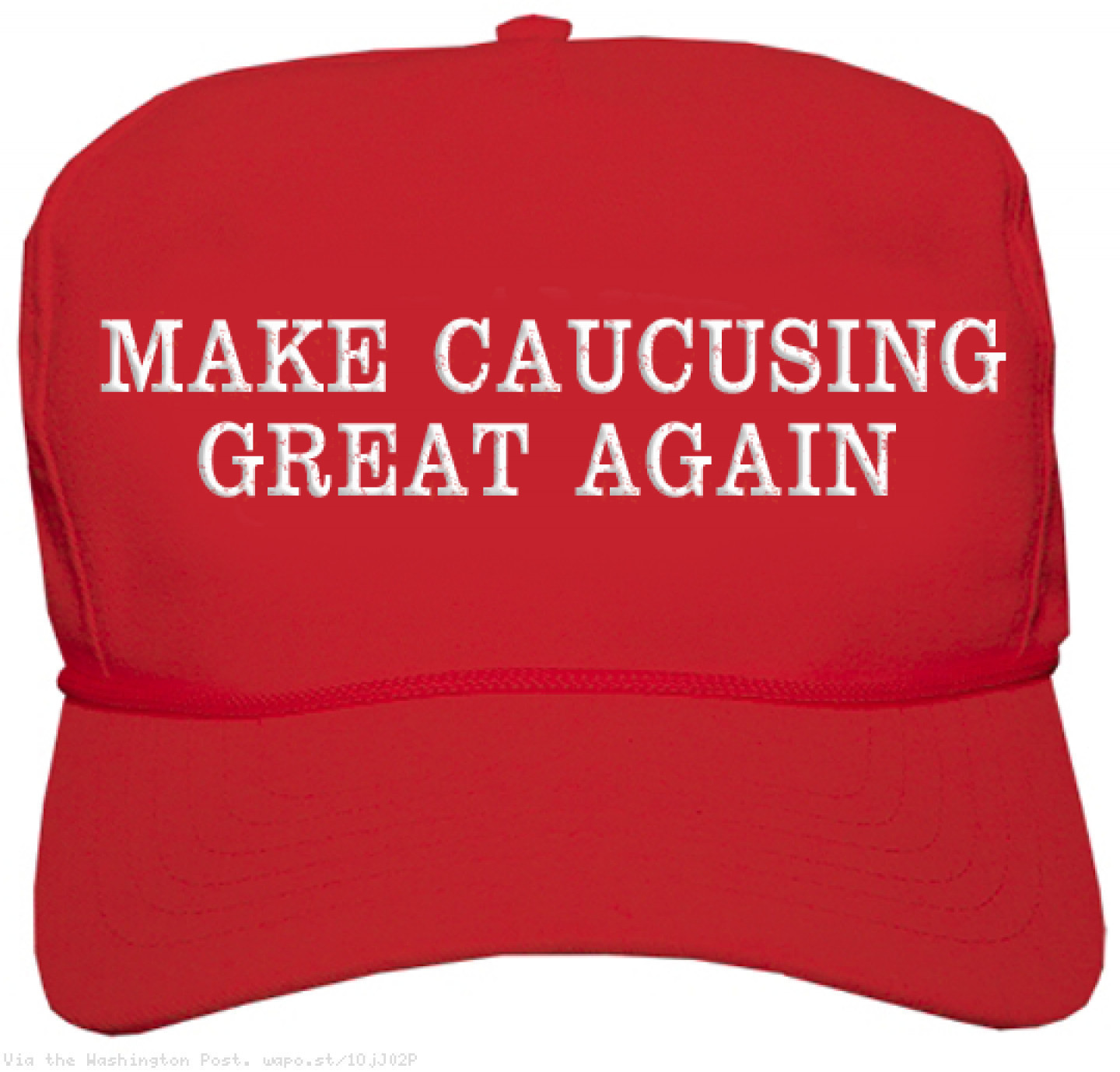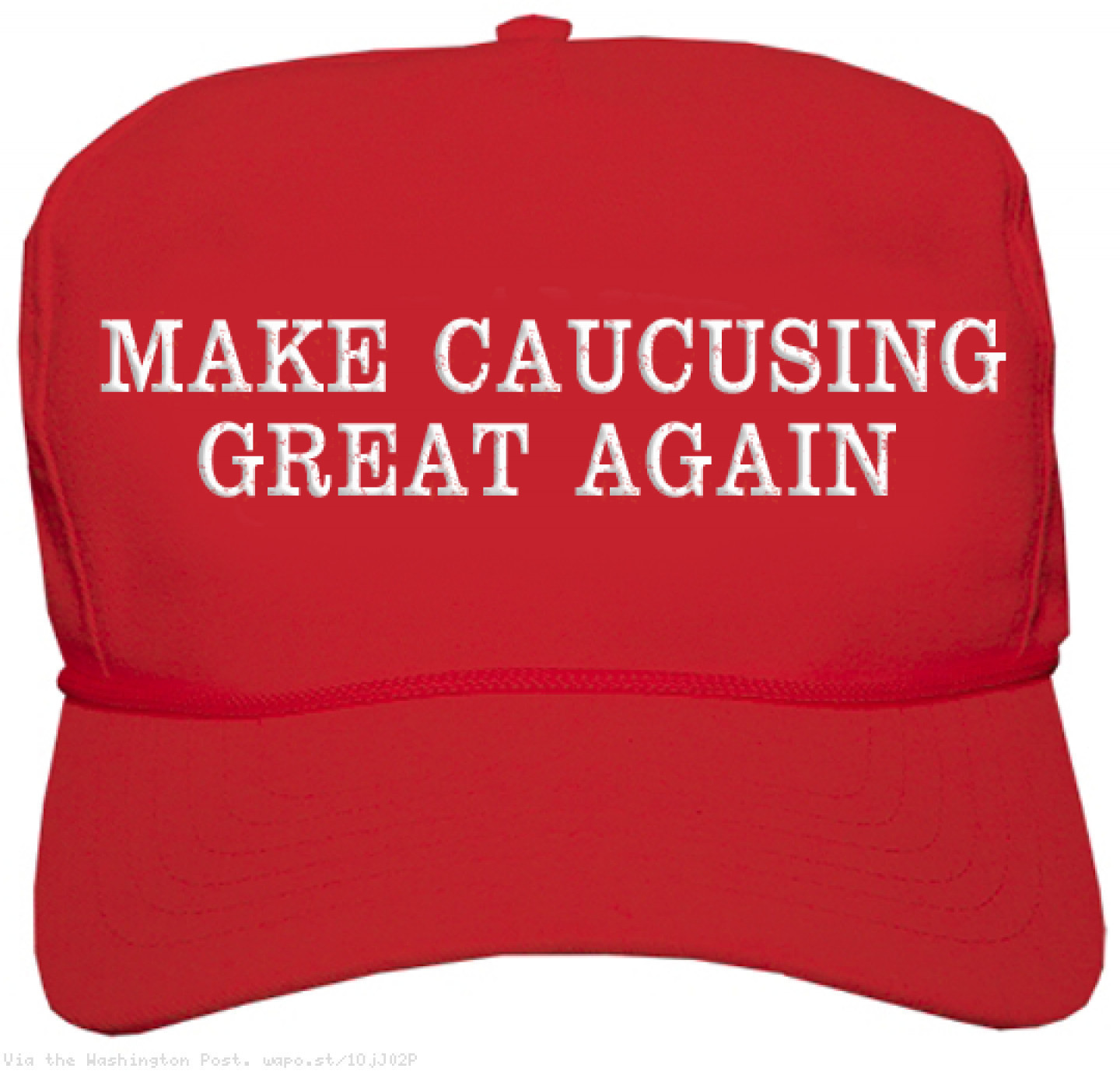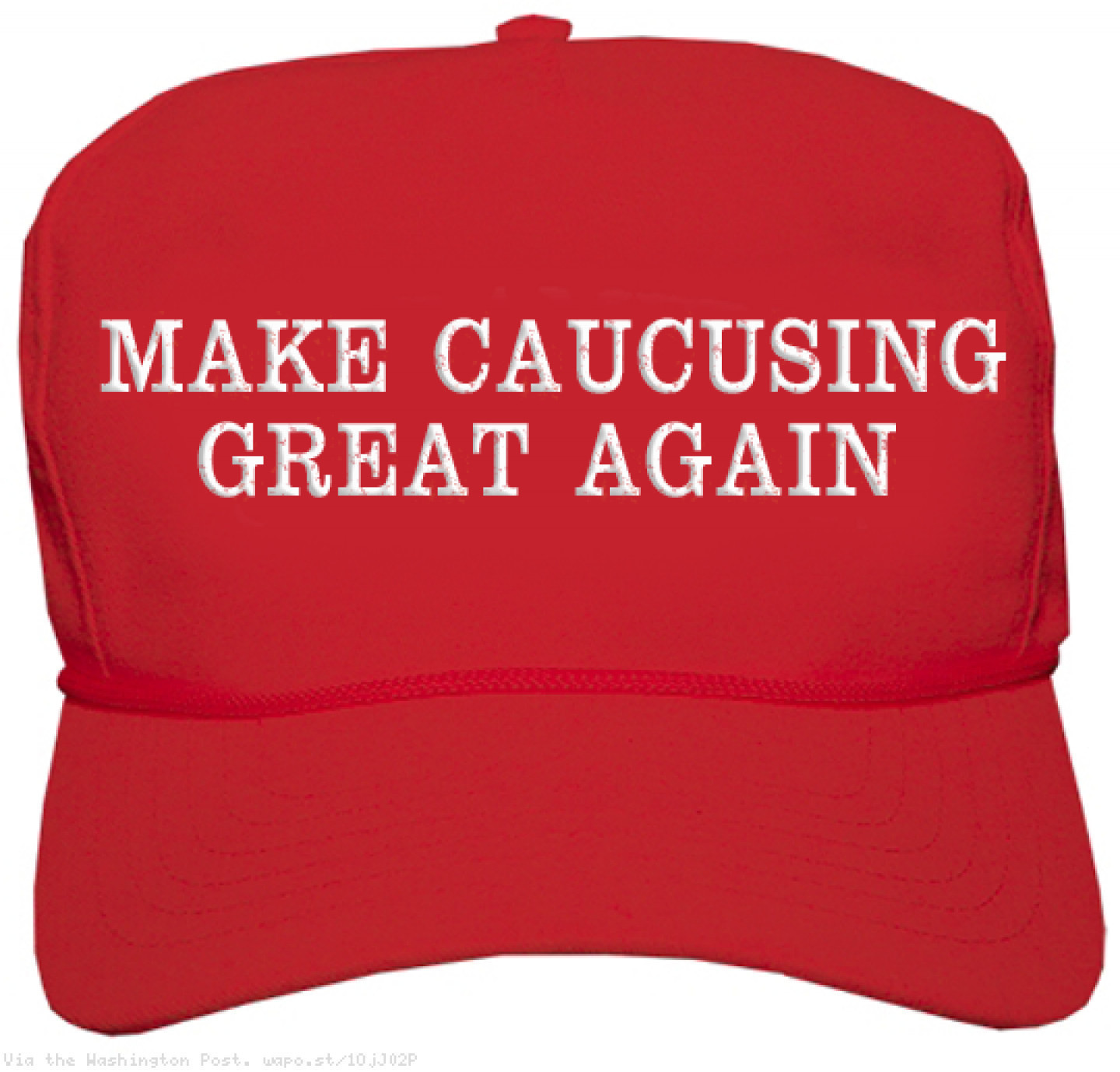When are creditors permitted to garnish wages?
Transcript:
One question that I often get is, "When can a creditor start garnishing their wages?" The answer to this question is a little bit complicated. It all first starts with a debt that you owe a creditor. The creditor has a right to receive this money from you and if you don't make that payment, they can eventually take you to court and they will sue you and if you owe the money, there's really not that much of a defense that you can present in court to stop this creditor from getting a judgement. There may be some procedural or technical maneuvers that you can make to make the creditor's life more difficult and obtaining a judgement.
However, if you ultimately owe the money, the creditor will most likely eventually get a judgement against you. Once that creditor has reduced the amount that you owe them to the form of a judgement, they can take this judgement which is an order from the court that says that you owe that creditor the money and they can then take that judgement and get what we call a writ of execution. A writ of execution is essentially an order for the constable to go to your employer and start garnishing your wages. Now, what time frame is involved in this can vary depending on how quickly creditors are able to move through that initial state court lawsuit and obtaining a judgement and getting garnishment actually processed with the constable and with your employer. About the fastest that we usually see this process play out is about four to five days but you definitely want to act quickly once you've received a service of a summons for a state court action against you or a lawsuit because that means the creditor is actively seeking a judgement and we'll be seeking a wage garnishment against you in very short order.
Now, there are certain types of income that are exempt from wage garnishment or garnishment in general. Social security income in particular is a common type of income that I see that is exempt or protected meaning that even with a wage garnishment order or a writ of execution, there's no way for the creditor to take the money directly from that check that comes from the social security administration office. Now, there's a couple of different kinds of garnishment that we talk about. Another kind is taking money directly out of your bank account which we call a bank levy. Bank levy is a little bit different from a wage garnishment. In the wage garnishment they're taking money directly from your paycheck or from your social security check which they're not allowed to do. With the bank levy, they're taking money directly out of your bank account and instead of going to your employer, the constable goes to your bank and shows them that order that they're entitled to money and they can drain your bank account in order to pay off the debt that you owe them.
Now, bank levies are a little scary because I've come across a number of situations where creditors aren't very diligent in seeking out what type of money is being held in the account so even if you're holding protected funds, money that came from the social security office in your bank account, I've seen that money be levied and taken by creditors. Now, that's money you can get back but it's a difficult process to go through the mechanics of actually getting that money returned to you.
Along with this question of, "When can my wages be garnished?" is "What can I do to stop the garnishment?" There's two main ways of stopping the garnishment. One is to pay the money that you actually owe the creditor which if you're in the situation where you're being sued for this money, it's very unlikely that you have the money to pay them back. The other option is to file for bankruptcy and invoke the protections of the automatic stay of the bankruptcy code. Immediately upon filing for bankruptcy, the automatic stay goes into effect and it will stop a wage garnishment.
